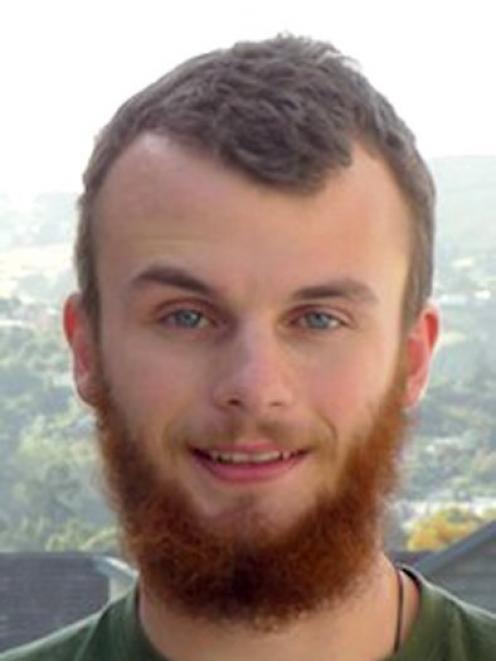Science
Dr. Trainor Secures $820,000 Fellowship for Quantum Crystal Research

Dr. Trainor, a postdoctoral fellow at the University of Otago, has been awarded a prestigious $820,000 fellowship from the Royal Society Te Apārangi. This funding, part of the Mana Tūāpapa Future Leader Fellowship, will support his groundbreaking research into the application of crystals in quantum memory storage over the next four years.
Dr. Trainor’s research focuses on the development of novel materials capable of advancing quantum technology, a field poised to revolutionise computers, security, and networking. His work specifically involves rare-earth-doped magnetically ordered crystals, which are lab-grown and contain small amounts of rare earth elements like erbium and neodymium.
Research Focus and Potential Applications
These specially engineered crystals have shown promise for use in optical quantum memory, a crucial component of future quantum networks. During experiments, Dr. Trainor cooled the crystals to temperatures below that of outer space and employed laser pulses to manipulate the elements within them. He explained, “I have been using such crystals to store single particles of light — photons — and recall them, which could be used as part of a future quantum network.”
The fellowship will enable Dr. Trainor to explore the conditions under which these crystals function optimally, paving the way for their real-world application and commercialisation. This research represents a significant step toward making quantum technologies more accessible.
Additional Fellowship Recipients and Their Research
In addition to Dr. Trainor, other researchers from the University of Otago also received Mana Tūāpapa Future Leader Fellowships. Dr. Alice-Roza Eruera will examine ancient viruses and their evolutionary potential for biotechnology and medicine. Dr. Rebecca French aims to investigate whether viruses carried by rats in New Zealand could pose a risk to human populations.
Moreover, Dr. Caitlin Owen will work on developing a more transparent and energy-efficient system for automated machine learning, while Dr. Wahineata Smith will focus on the experiences of Māori and Tongan families raising children with dual heritages.
Furthermore, Professor Neil Gemmell, from the anatomy department at the University of Otago, has secured a $220,000 Royal Society Mana Tūārangi Distinguished Researcher Fellowship. His research will delve into the role of mitochondrial DNA (mtDNA) in fertility, ageing, and overall health. He stated, “This work will enhance our understanding of the mitochondrial genome’s sex-specific influence on fitness, behaviour, health, and ageing.”
These fellowships underscore the University of Otago’s commitment to advancing scientific knowledge and innovation, providing critical funding for researchers dedicated to making significant contributions across various fields.
-

 Sports2 months ago
Sports2 months agoNetball New Zealand Stands Down Dame Noeline Taurua for Series
-

 Entertainment2 months ago
Entertainment2 months agoTributes Pour In for Lachlan Rofe, Reality Star, Dead at 47
-

 Entertainment3 weeks ago
Entertainment3 weeks agoNew ‘Maverick’ Chaser Joins Beat the Chasers Season Finale
-

 Sports2 months ago
Sports2 months agoSilver Ferns Legend Laura Langman Criticizes Team’s Attitude
-

 Sports1 day ago
Sports1 day agoEli Katoa Rushed to Hospital After Sideline Incident During Match
-

 Politics1 month ago
Politics1 month agoNetball NZ Calls for Respect Amid Dame Taurua’s Standoff
-

 Entertainment2 months ago
Entertainment2 months agoKhloe Kardashian Embraces Innovative Stem Cell Therapy in Mexico
-

 World3 months ago
World3 months agoPolice Arrest Multiple Individuals During Funeral for Zain Taikato-Fox
-

 Sports3 months ago
Sports3 months agoGaël Monfils Set to Defend ASB Classic Title in January 2026
-

 Entertainment1 month ago
Entertainment1 month agoTyson Fury’s Daughter Venezuela Gets Engaged at Birthday Bash
-

 Sports1 month ago
Sports1 month agoHeather McMahan Steps Down as Ryder Cup Host After Controversy
-

 World2 weeks ago
World2 weeks agoSevere Winds Hit New Zealand, Over 100 Flights Canceled




















